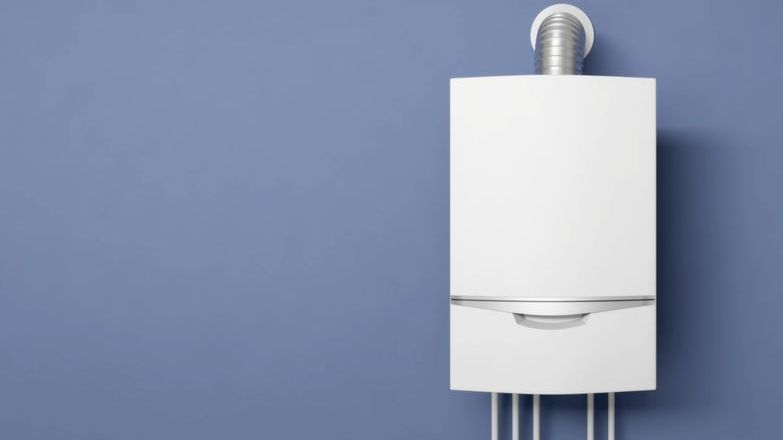
Fuel poverty is a more pressing issue
The UK Government estimates there were 3.26 million households living in fuel poverty in 2022, an increase of over 13% from 2021. It is projected that this will have increased to over 3.5 million in 2023. This problem is particularly acute in the PRS, where one in four tenants live in fuel poverty.
Agents should signpost clients who are struggling to the Household Support Fund which is available from local councils and can help with the cost of energy and water bills, food, and other essential items.
Incentives are needed to change public perception
Polling for Energy UK has revealed that financing energy efficiency improvements was a key reason given as to why people didn't upgrade their homes' energy efficiency with over 35% of people stating they couldn't afford the upfront cost.
Meanwhile, one in ten people stated that energy efficiency improvements were not worth the upfront investment, echoing the sentiment from Propertymark’s August 2023 research report, Energy efficiency in UK property: Where do we go from here? where 66% of sales agents reported that energy efficiency improvements do not add more value to a property than they cost to install.
Private and council tenants were even less likely to have made improvements than homeowners, with the majority stating they could not make significant changes to their homes.
The poll supported Propertymark’s calls for improving access to financing and information and increasing support for households who want to make improvements to their properties.
Boiler Upgrade Scheme
The Department for Energy Security and Net Zero (DESNZ) has reported an increase in applications to the Boiler Upgrade Scheme, however, the underlying numbers are still relatively small.
The Scheme was launched on 1 April 2022, and from then until the end of December 2023, just over 19,000 installations have been completed, with 57% of those being properties in rural areas. Nearly 20% of grants have gone to properties where there was no previous heating system.
Support for home insulation
The UK Government’s ‘Welcome Home to Energy Efficiency’ campaign, roof and loft insulation can save up to £270 a year on energy bills and last for over 40 years.
Homeowners, landlords and tenants can apply for support from the Great British Insulation Scheme if their home has an EPC rating of D-G and is in Council Tax bands A-D in England or A-E in Scotland or Wales. It provides funding for a range of installations, including cavity wall, solid wall, loft, and underfloor insulation.
The Scheme does not operate in Northern Ireland, but other energy saving help and advice is available.





